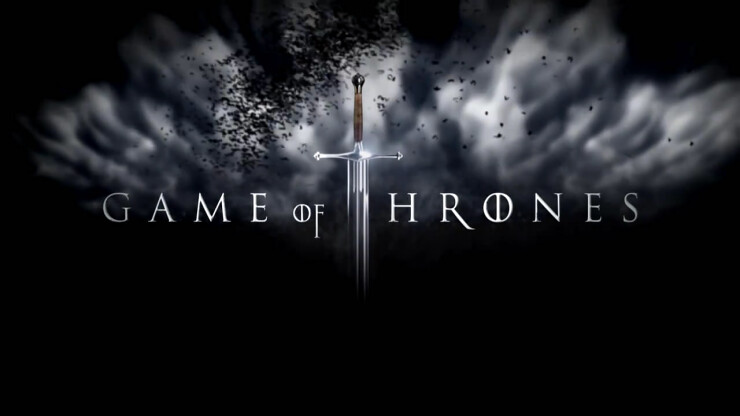Few elements of the American experience even approach ubiquity. The internet, thousands of TV channels and cultural polarization have led to a nation of enclaves and isolation, atomization and niche. The select content that appeals to everyone tends to be, in the most tedious manner, anodyne: dog videos, pop music, the purview of Jimmy Fallon. Soon, a bastion of our culture that dared to venture from the safety of focus group approval and cross-demographic appeal, and grew to occupy a larger space than any other television show of our time will come to an end and leave an hour-long hole in its place: Sunday nights bereft of “Game of Thrones.”
“Game of Thrones” has the luxury of being unfettered by regulation under the premium shield of HBO, and it has taken full advantage of the license it’s been given; perhaps even partaking a bit too eagerly in the nudity, sex and violence it has the freedom to depict, even in comparison with other premium network shows. The content is even more unusual in comparison with similarly esteemed television. “Breaking Bad,” from which the mantle of ratings behemoth and critical darling was passed, never approached the series’ infamously high levels of violence and sexual deviancy.
Many of the issues posed by “Game of Thrones,” as shocking and graphic as they are, have no analogs in our life or culture. The issues of Westeros bear only passing resemblance to those of today. The plagues of pillaging tribes and incestuous relations are for the most part under control. At least when the show started in 2011, we didn’t have to worry about any mad kings. The treatment the show has given to issues still prevalent and problematic today, including the portrayal of sexual violence, have turned viewers off from the show, and viewers are justified in abandoning an entity that pays them little mind. Beyond its shocking cultural material, the show seems to have no allegiance to its audience. Deaths come at inopportune times, the as of yet most anticipated episode in its run was only semi-visible, and at any given time there are approximately 400 characters and plot threads you are responsible for tracking.
“Game of Thrones” has been willing to take risks with its material despite the massive budgetary risk. Normally, the fantasy escapism of mega-series like this (think “Lord of the Rings” or the Marvel franchise) arrives relatively free of graphic or offensive content, but “Game of Thrones” doesn’t tread in light fare. Without being the hardest hitting or smartest drama it has pushed television to be raw, uncomfortable, even depraved–all traits we did not know television was missing until “GoT” arrived. What it lacks in social commentary compared to HBO’s last masterpiece, “The Wire,” it makes up for in dragons. The impressive achievement of “Game of Thrones” is not a willingness to touch upon controversial issues, but honesty and fidelity to authentic storytelling. The show revels in annoying, enraging and confusing its viewers. It has no intention of endearing itself to the audience. It dares you to dislike it, and in part because of this willingness to ostracize the viewer, it has reached darling heights. “Game of Thrones” plays hard to get.
It’s a refreshing reversal from most television today. Many network sitcoms end up producing formulaic post-racial utopias with problems solved by the next week, only ever tepidly broaching the issues and trauma of everyday life. Today’s dramas often tread equally lightly, and when controversial subjects pop up — ones that could alienate a portion of the viewership — they often deal with it heavy-handedly, with either a pandering moral subjectively or a self-righteous stand. Creators D.B. Weiss and David Benioff shape the show in near absolute ignorance of the viewer’s sensitivities and brashly pushed forward a show with a self-assured sense of purpose.
For a million intangible reasons, “Game of Thrones” has accumulated its massive following. From its beginning, this was an undertaking of epic proportions — in plot, in cast and in historical reference; this novel size of implication, spanning all of humanity, in a television show inevitably garners attention. By most measures imaginable, this is the biggest show on television. Each week, it manipulates the weight of its world in inventive ways. No other show can conjure consequence as often or string together affecting moments as densely as “GoT” — due in part to the show’s unmistakable magnitude and the solemnity of its rawest moments. The popularity of the series tells us something about what today’s viewer desires: risk, brutal realism and epic constructions that are unwilling to yield to template television. Either that or “Game of Thrones” tells us that viewers will embrace any show with sex and animated dragons, even if it makes them uncomfortable.
Email Dante Sacco at [email protected].


























































































































































